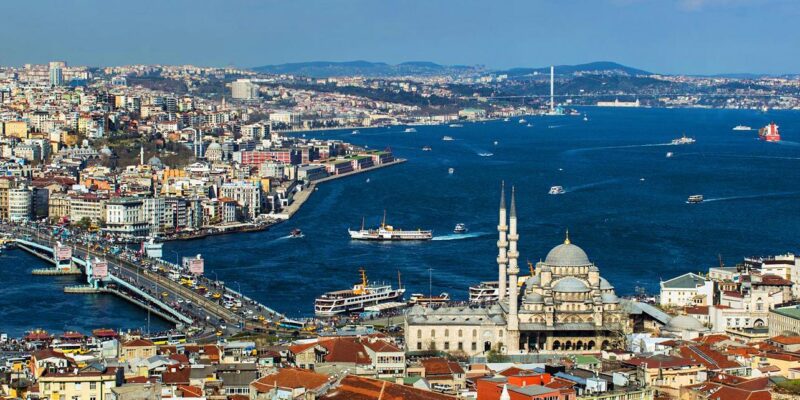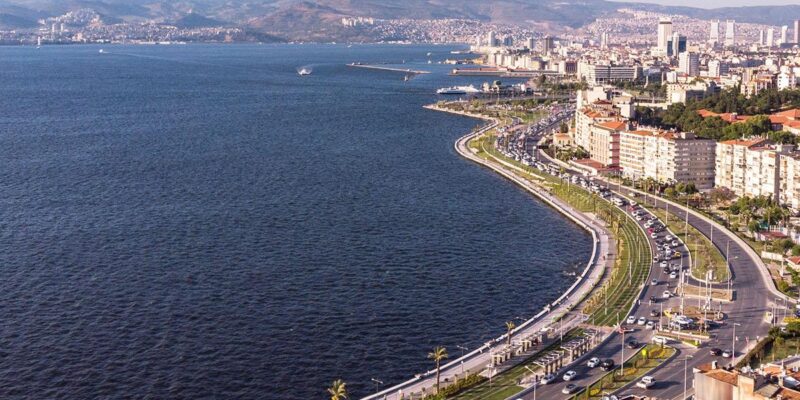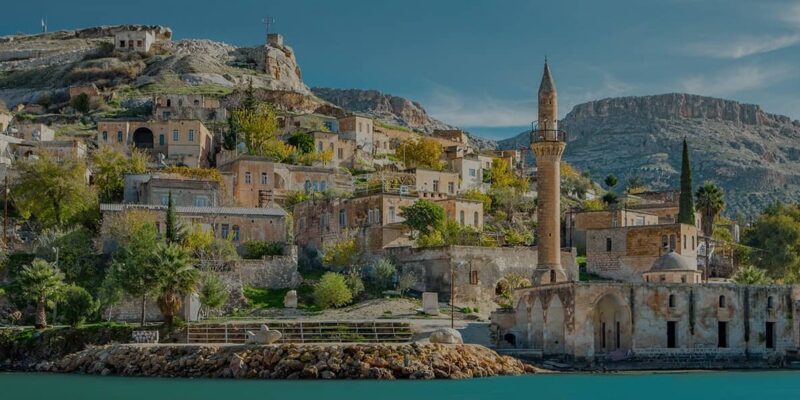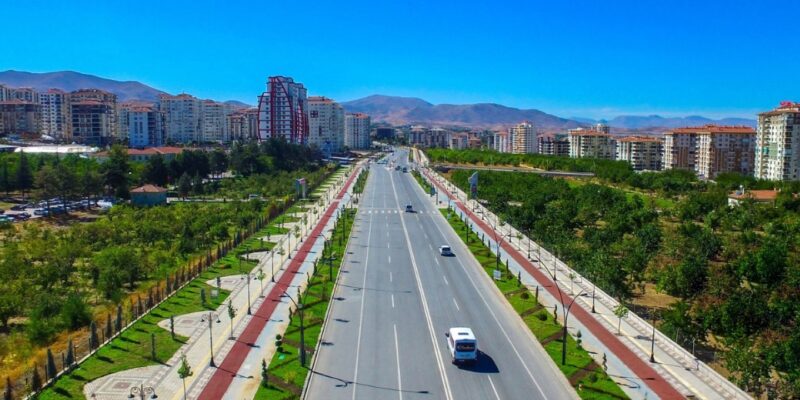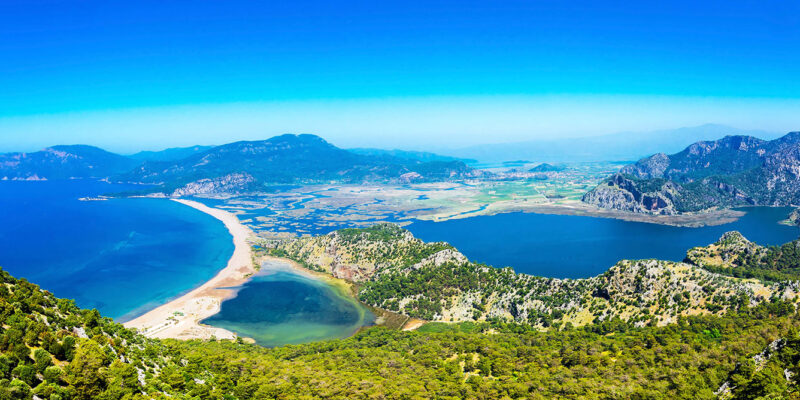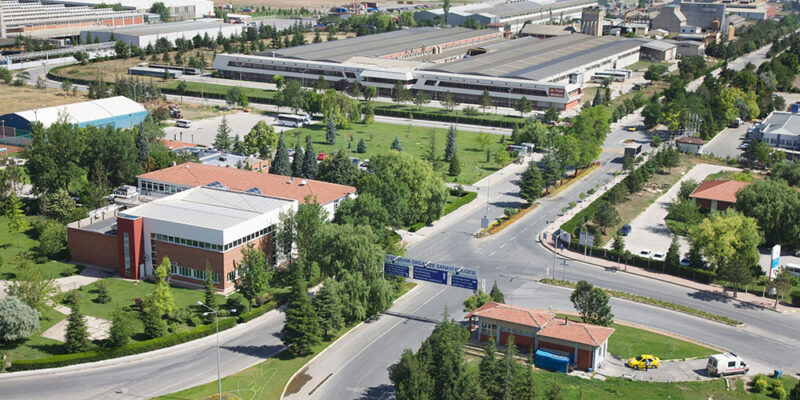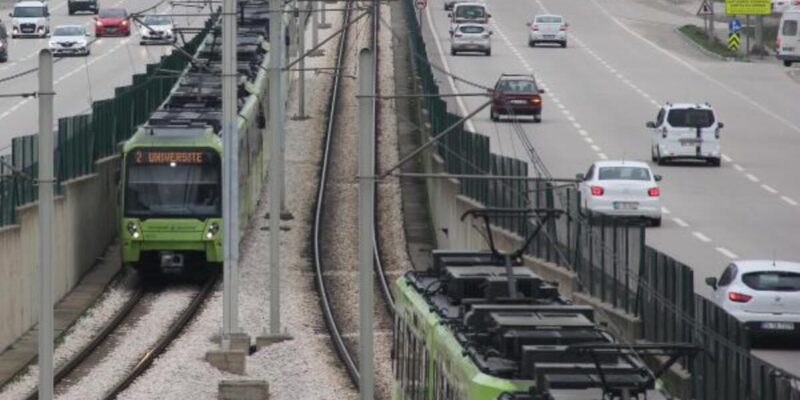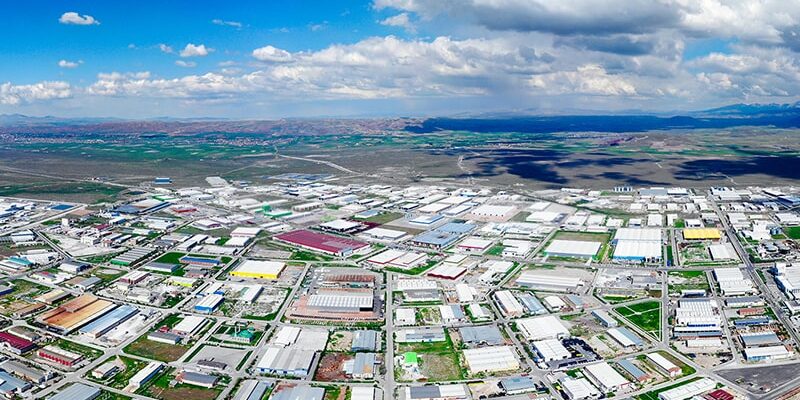For Istanbul, which is one of the most crowded cities in Turkey and Europe, a climate change action plan roadmap was prepared in 2013, with the financial support of the Istanbul Development Agency, by GTE and ERM under the Directorate of Environmental Protection of IMM.
The scope and content of the climate change action plan, approaches that can be used in planning and development, stakeholder analysis, implementation, monitoring, and performance evaluation were discussed within the scope of the project, in which the scope and timetable of the Istanbul Climate Change Action Plan were determined in detail. In addition, other cities in the world with climate change action plans were examined and analysed, and successful examples were presented to the municipality by compiling sustainability and climate-friendly practices.
Other projects we have realized with IMM:
